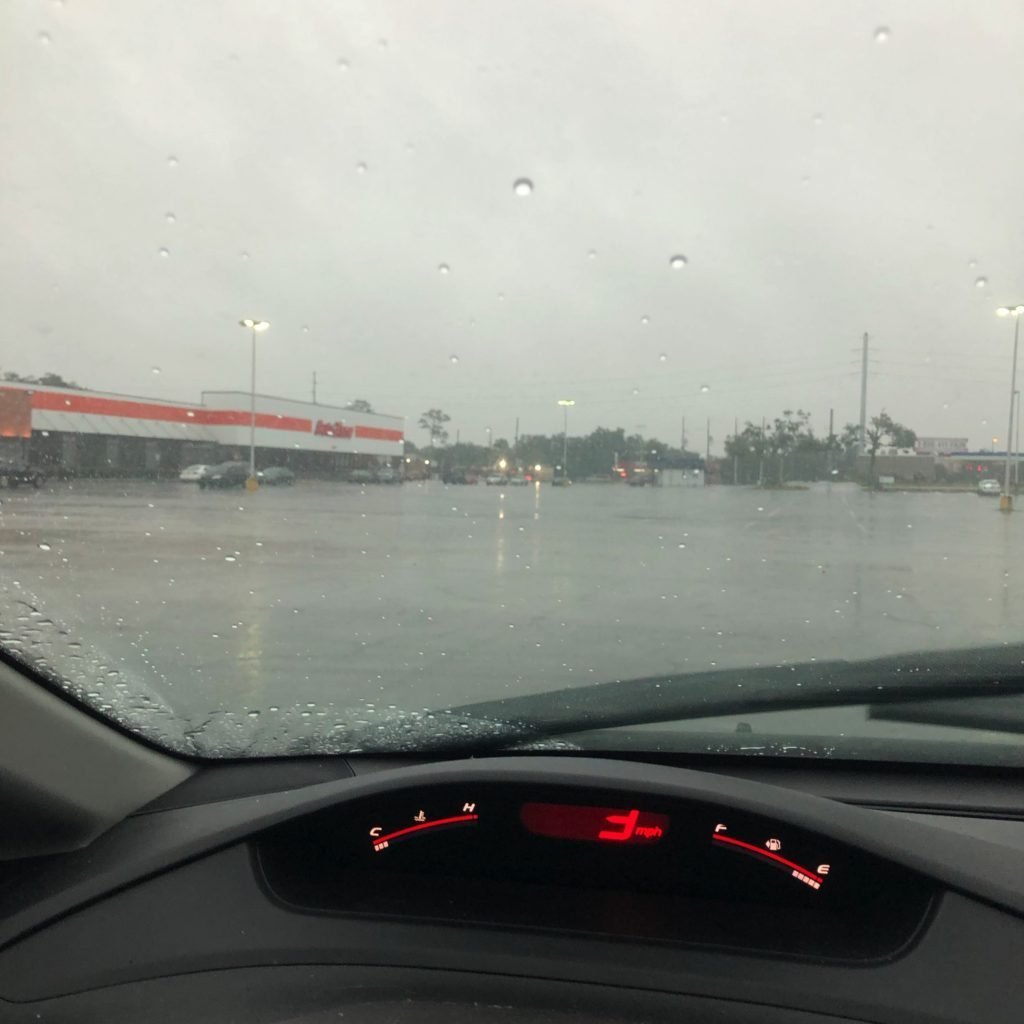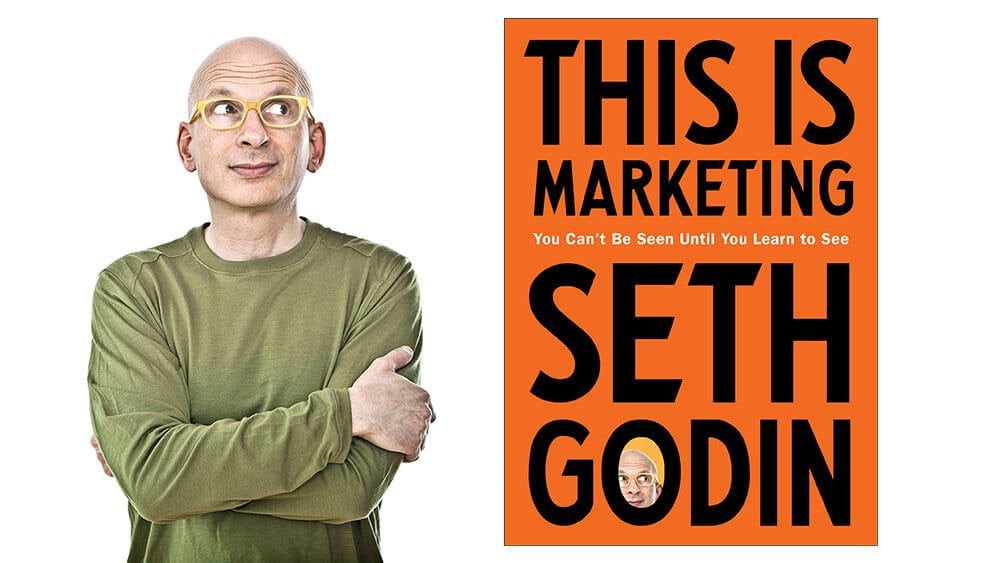I’m thinking a lot about my responsibilities as a digital citizen and how I can better contribute to the ‘indie web.’ There are steps I want to take to lessen — and perhaps remove — my participation in ad-supported social media. Ideally, my internet output will happen through this blog, my newsletter, and — for direct engagement — email. A longer post is forthcoming about why I’ve come to this point, but tl;dr: I’ve had it with Facebook and its ilk.
One upside is that I’ll post here more often. 8sided.blog has been quieter than usual, mainly due to growing pains with the demands of the weekly deadline of the newsletter. I don’t think I’ve had a writing deadline since college, so that’s proved challenging. I also set myself up by mostly posting more extended essays on the blog. That set up an expectation for myself that anything that goes here should be meaty — a multi-paragraph screed on a newsworthy topic. That’s held me off when I don’t have anything lengthy to say. It’s time to drop those reservations.
I’m an avid reader of other personal blogs out there in the ‘indie web.’ One of my favorites is Warren Ellis’s, which he claims to use mostly to post status updates and catalog his music and movie purchases. He peppers short posts that are sometimes just a photo of the sky (’timestamp‘) with longer musings about his world and process. The blog is entertaining and serves as the backbone for Ellis’s weekly newsletter, Orbital Operations. Every time I read it, I think, “I’d like to do something like this.”
Of course, I’m not Warren Ellis (there can only be one! … oh wait), and I’m not going to embarrass myself through imitation. But his approach gives me a lot of ideas. I’ve always wanted a more personal flavor to this blog and some fun posts outside of essays on ‘music’s place in the 21st century.’ And, as I begin my exodus from social media, I’ll want to use this space to check in with the world. It’s my home base, after all — the hub of my digital world. So if you’re a regular reader or have this planted in your RSS reader, then, first off: thank you. And secondly: get ready for an increase in blogging action.
One goal is to regularly post my version of a daily ‘status update,’ compiling what’s on my mind alongside things I’m encountering with my eyes and ears. If you’re a fan of the meatier stuff, that will still happen on the regular. Stay tuned for phase 3 (or is it 4?) of this blog.



